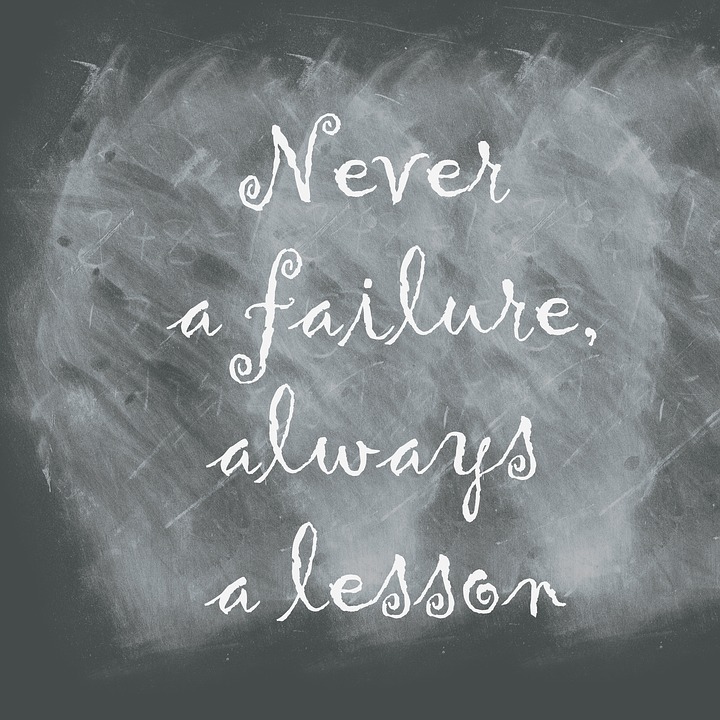A study indicates that writing and thinking deeply about a past failure improves the body’s response to stress and enhances performance on a new task … reports Asian Lite News.

Writing a note about your past failure may you help in boosting future performance as it lower levels of stress hormone cortisol, a new study suggests.
The study indicates that writing and thinking deeply about a past failure improves the body’s response to stress and enhances performance on a new task.
This technique may be useful in improving performance in many areas, including therapeutic settings, education and sports, say researchers.
“Our results suggest that, in a future stressful situation, having previously written about a past failure causes the body’s stress response to look more similar to someone who isn’t exposed to stress at all,” said co-author Brynne DiMenichi from the Rutgers University-Newark.
For the study, published in the journal Frontiers in Behavioral Neuroscience, researchers examined the effect of writing about past failures on future task performance in two groups of volunteers.
A test group wrote about their past failures while a control group wrote about a topic not related to themselves.
The researchers used salivary cortisol levels to provide a physiological readout of the stress experienced by the people in both groups. These levels were comparable across the test and control groups at the start of the study.
The performance of the volunteers on a new stressful task was then measured while researchers continued to monitor their cortisol levels, to find that the test group had lower cortisol levels compared to the control group when performing the new challenge.
They also found that volunteers who wrote about a past failure made more careful choices on a new task, and overall performed better than the control group.
“Together, these findings indicate that writing and thinking critically about a past failure can prepare an individual both physiologically and cognitively for new challenges,” DiMenichi noted.








